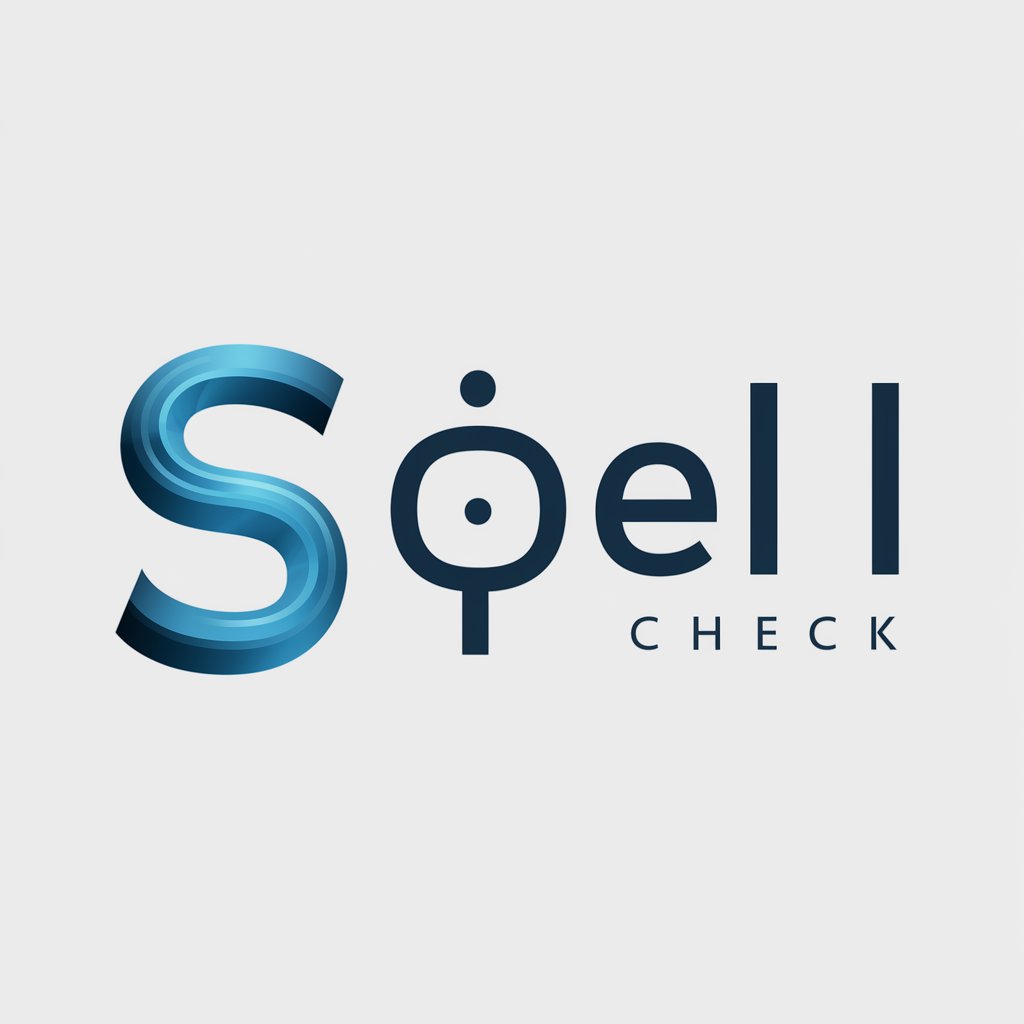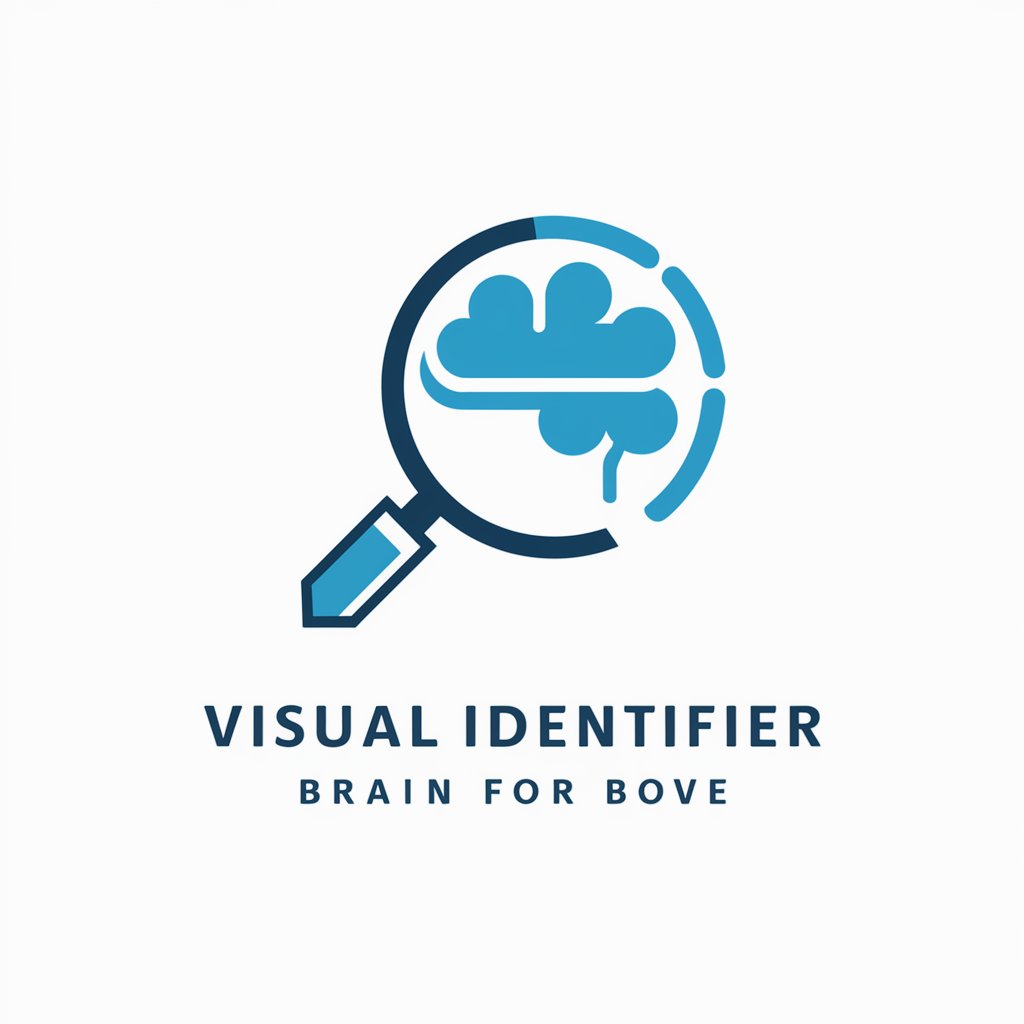
Deidentymate - text deidentification service

Hello, I'm here to help you ensure privacy and confidentiality in your texts.
Anonymize Text with AI Precision
How can I deidentify this document containing...
What steps should I take to ensure privacy when...
Can you help me anonymize the following text...
What information in this text needs to be deidentified...
Get Embed Code
Deidentymate Overview
Deidentymate is a specialized tool designed for the deidentification and reidentification of text. Its primary goal is to ensure privacy and confidentiality by removing or masking private and identifying information from textual data. This process involves recognizing and substituting specific pieces of information (such as names, locations, and organizations) with generic, non-identifiable codewords. For example, if a text mentions a person named 'John Smith' and a company 'Tech Innovations Inc.', these might be replaced with 'PERSON01' and 'ORGANIZATION01' respectively. Deidentymate's design is inherently focused on privacy compliance, particularly useful in fields requiring adherence to data protection laws like GDPR or HIPAA. Powered by ChatGPT-4o。

Deidentymate's Core Functions
Text Deidentification
Example
Replacing 'John Smith' with 'PERSON01' in a document.
Scenario
In a medical research paper containing patient information, names, dates, and locations are deidentified to 'PERSON01', 'DATE01', and 'LOCATION01' to protect patient confidentiality while allowing the research to be shared.
Text Reidentification
Example
Transforming 'PERSON01' back to 'John Smith' after analysis.
Scenario
After a deidentified dataset has been analyzed for research purposes, the original information is reidentified for inclusion in a confidential report to stakeholders, ensuring the data remains comprehensible and accurate.
Creation of Deidentification Keys
Example
Generating a key that maps 'John Smith' to 'PERSON01'.
Scenario
When handling sensitive legal documents, a key is created to track the replacement of personal identifiers with codewords, allowing for secure internal communication and analysis without compromising privacy.
Who Benefits from Deidentymate?
Researchers
Academic and clinical researchers handling sensitive personal data in their studies can use Deidentymate to anonymize datasets. This ensures compliance with ethical guidelines and privacy laws while facilitating data sharing for peer review or collaboration.
Data Analysts in Healthcare
Healthcare analysts working with patient data for epidemiological studies, quality improvement, or policy development can utilize Deidentymate to anonymize records. This enables the safe analysis of health data without risking patient confidentiality.
Legal Professionals
Attorneys and legal analysts often deal with sensitive information. Deidentymate helps in preparing documents for court filings or internal reviews by removing personal identifiers, thus protecting client confidentiality while allowing thorough case preparation.
Compliance Officers
Professionals tasked with ensuring data protection compliance can use Deidentymate to review and process internal documents and data, ensuring that their organization meets legal standards for privacy without hindering operational efficiency.

How to Use Deidentymate
1
Start with a visit to yeschat.ai for a hassle-free trial, no signup or ChatGPT Plus required.
2
Prepare the text you need deidentified, ensuring it's clear and structured to facilitate accurate processing.
3
Submit your text to Deidentymate and specify any particular preferences or requirements for the deidentification process.
4
Review the deidentified output and the list of codewords provided, making note of any adjustments or additional deidentification needs.
5
Use the deidentified text in your required context and return it to Deidentymate when ready to re-identify it with the original information.
Try other advanced and practical GPTs
Ocean Freight Incoterm Expert
Navigate ocean freight with AI-powered Incoterm insights.

Patent Tech Super Analyst
Deciphering patents with AI-powered analysis

项目计划书撰写专家
Simplify project planning with AI

Arcane Mystic
Unveiling the Arcane, One Metaphor at a Time

MicroMind
Empowering Microeconomic Understanding with AI

Viral Loops Support
Empower your marketing with AI-driven insights

QuoraGPT
Empowering Inquiries with AI Precision

スペルチェック
Enhance Your Writing with AI Precision

Gamify
Craft Your Story, Shape Your World

Personal Stylist
Revolutionizing Your Style with AI

Subconsciously Conscious
Explore Every Angle with AI

Sloganクリエーター
Craft Your Catchphrase with AI

Frequently Asked Questions about Deidentymate
What is Deidentymate?
Deidentymate is a specialized tool designed to deidentify and reidentify text by replacing private information with generic codewords, ensuring privacy and confidentiality.
How does Deidentymate ensure confidentiality?
Deidentymate meticulously replaces all identifiable information with generic, category-specific codewords, making it impossible to trace back to the original data without the specific key.
Can Deidentymate handle complex documents?
Yes, Deidentymate can process a wide range of document types, from simple texts to complex reports, by accurately identifying and substituting personal and sensitive information.
Is Deidentymate suitable for academic research?
Absolutely, Deidentymate is ideal for academic purposes, especially for researchers needing to anonymize data before sharing for peer review or publication.
How do I get my text reidentified?
Once you have completed your work with the deidentified text, submit it back to Deidentymate along with the codeword key for accurate restoration of the original information.





